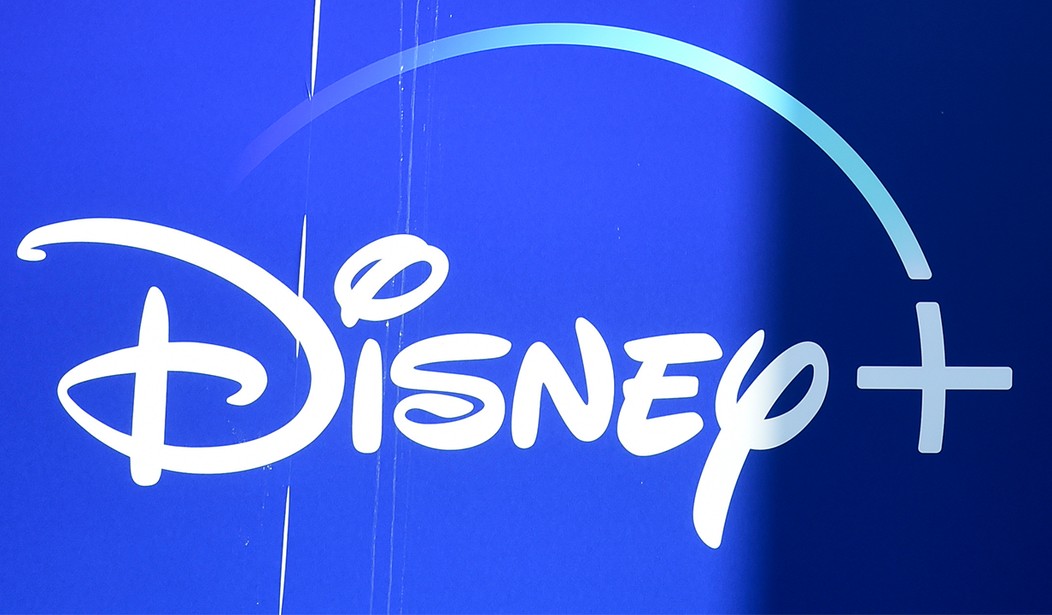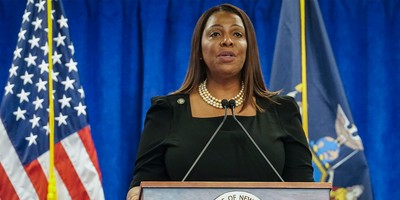On April 22, Florida Governor Ron DeSantis signed into law legislation that eliminated the Reedy Creek Improvement District (RCID). Enacted in 1967, the RCID gave Disney self-governance over its 39.06 square mile, 25,000-acre resort area on the outer limits of Orange and Osceola Counties. The RCID gave Disney authority to function as the equivalent of a county government. Some pundits have argued that First Amendment law gives Disney good odds of defeating what has been described as a “retaliatory” revocation of Disney’s RCID. Rightly construed, the First Amendment does not protect Disney from loss of the “special privilege” because Florida has done nothing to target or suppress Disney speech.
In 1967, when the Florida legislature gave The Walt Disney Company a special district, it did so to help Disney create a family friendly entertainment mecca. Walt Disney put it this way: “Over at our place, we’re sure of just one thing: everybody in the world was once a child. So in planning a new picture, we don’t think of grown-ups, and we don’t think of children, but just of that fine, clean, unspoiled spot down deep in every one of us that may be the world has made us forget and that maybe our pictures can help recall.” Disney intended to avoid programming that would embarrass. He meant to preserve youthful innocence--to inspire wholesome interests, imaging, and values, indeed to celebrate them--and to thereby support and uplift families. “The important thing is the family,” he said. “If you can keep the family together—and that’s the backbone of our whole business, catering to families—that’s what we hope to do.” He was certainly not an enemy of the nuclear family, rather he was a strong proponent of it. Family-oriented pictures defined the Disney brand under his tutelage. “A family picture,” said Disney, “is one the kids can take their parents to see and not be embarrassed.” Not so any more. Over the last several years, and loudly now, Disney has become embarrassingly woke; it has rejected its historic brand and has lost its essential identity (and increasingly its audience). It appears to be on a financial suicide mission, going broke to be woke.
Recommended
Several commentators, among them former Fox News host Megyn Kelly, have suggested Florida’s revocation of the RCID was “retaliatory” and thereby in violation of Disney’s First Amendment rights. She and others have predicted a Disney victory if Disney sues Florida. They contend that Governor DeSantis and a majority of those in the Florida legislature passed the bill to retaliate against Disney Corporation’s unsuccessful campaign to prevent passage of Florida’s Parental Rights in Education law, enacted on March 28. Under that law, public schools in Florida are forbidden from providing children in kindergarten through the third grade with instruction on sexual orientation and gender identity. Disney mounted a major campaign against the parental rights bill, calling it the “Don’t Say Gay” legislation.
The problem with the commentators’ simple explanation is that the law revoking the RCID does not mention, let alone target, any Disney speech. How then can it be retaliatory? The nexus to specific content is entirely absent. It does not retaliate against any Disney content whether in Disney media or in its protests. Disney is free to continue condemning the Parental Rights in Education law (and it does) and to present any programming it wants, no matter how woke. The law revoking the RCID does not affect a single Disney right; the RCID is a statutory privilege and a privilege, unlike a right, may be revoked by the state.
The DeSantis administration and the Florida legislature have made clear that sexual orientation and gender identity education, which parents may impart to their own children in the home, is not appropriate as curricula in public schools, at least not in kindergarten through the third grade (albeit the argument would seem to apply with equal force to curricula for children in grades 4 through 12). The aim of the legislature was to avoid risks of child manipulation and abuse inextricably arising from sexual orientation and gender identity curricula: to avoid causing impressionable young minds to question gender due to teacher suggestion or inducement; to avoid causing children to be misled into believing genders fluid and fungible through medical intervention; to avoid causing children to be misled into believing hormone suppressive drugs safe, effective, and free of serious adverse effects; and to avoid causing children to be misled into believing sex change surgery appropriate for those below the age of consent, despite the permanent mutilation and disfunction that results from reconstructive genital surgery, including castration. In short, the Florida legislature and Governor enacted the Parental Rights in Education law to protect children from abuse, to protect youthful innocence, to defend the nuclear family, to respect religious values, and, most especially, to protect parental rights.
Without regard for the specific content of any Disney media or protest, it is reasonable for the Florida legislature and Governor to expect children under majority age who are within the jurisdiction of that self-governing quasi-governmental entity created by the RCID will be protected from the abuse it deemed a threat to youth when it passed the Parental Rights Education law. It is also reasonable for the Florida legislature and Governor to expect that parents’ rights will be respected when families are on properties under the jurisdiction of the RCID. It may without offending the First Amendment revoke the RCID if those expectations are not met.
The special privilege given Disney is to function as a quasi-government, largely indistinguishable from a county government. As such, it cannot presume to be free of state oversight and, indeed, if the state finds parents’ rights and children’s interests inadequately protected, it may reasonably conclude that Disney’s special privilege should be revoked (that it not be accorded the status of a self-governing county). That revocation does not entail an act of suppression of speech or a retaliation for specific speech content. Indeed, without the RCID, Disney remains free to pursue its woke agenda, no matter how ill-advised.
To overturn Florida’s revocation of Disney’s RCID, Disney must show that the act of the Florida government is based on the content of Disney’s speech or the content of its expressive activities. The state may decide that a quasi-government entity, like Disney under the RCID, may not create an environment that jeopardizes parental rights or the innocence of youth and still receive special district status. In like measure, the constitutionality of federal law to cease government funding for abortion services did not run afoul of the First Amendment’s protection for religious liberty (Harris v. McRae, 448 U.S. 297 (1980)). That is because there is no constitutional right to a government privilege and, so long as revocation of the privilege does not deprive a party of a right, there can be no sound argument that it violates the Constitution. In other words, the First Amendment stands as a barrier to government action that forbids speech; it does not create an affirmative right to a state sponsored platform for speech.
























Join the conversation as a VIP Member